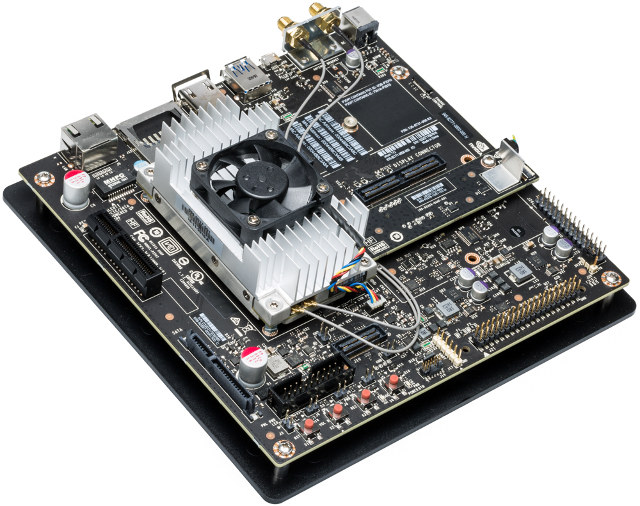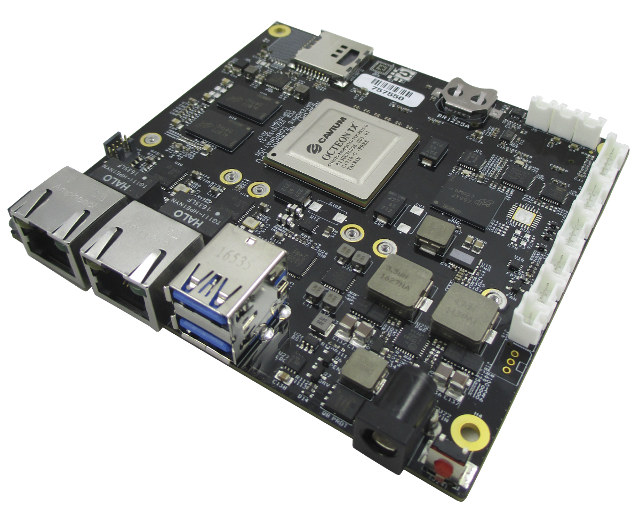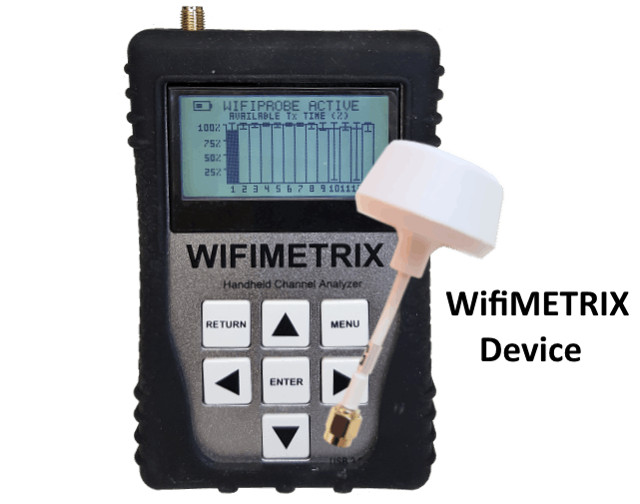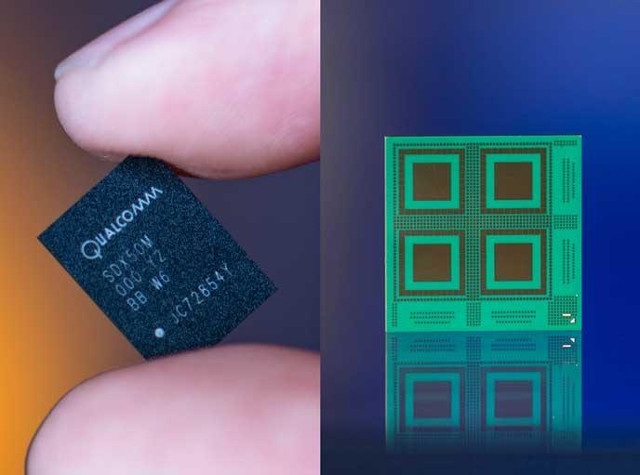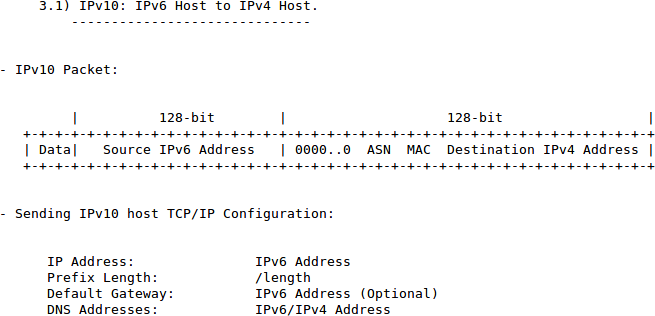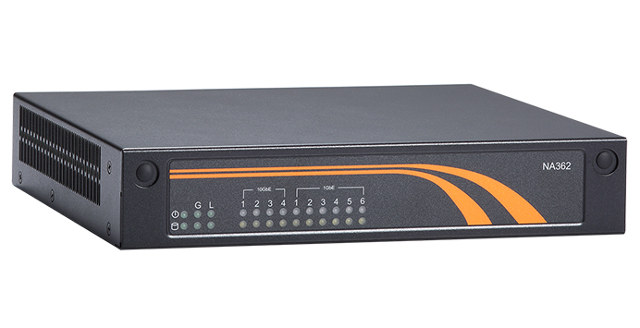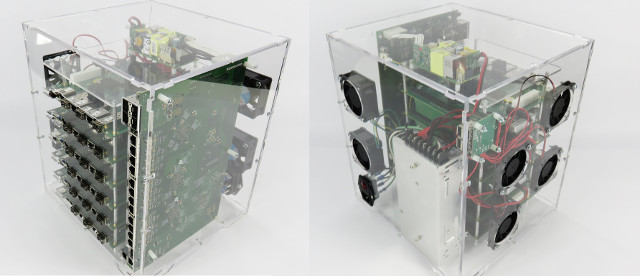Raspberry Pi, Orange Pi, and NanoPi boards among others are all great and inexpensive Arm Linux development boards that do good enough job for many tasks, but they may not cut it if you have higher requirements either in terms of CPU power, GPU capabilities and performance, I/O bandwidth, and in some cases software and support. So I’ve decided to make a list of 5 single board computers or development boards that I consider to be the most powerful in 2017, early 2018. I have limited the price to $1,000 maximum, the board must be easy to purchase for most people (e.g. you don’t need to be a tier-1 automotive supplier, or operate your own datacenter), and in case the board is not quite available yet, the likeliness of actual launch must be reasonably high. Those criteria for example exclude Intrinsyc Open-Q 835 development kit since it costs $1.149 and […]
Fingbox Helps You Monitor & Manage Devices on Your Network with Your iOS/Android Smartphone
Fing network scanner mobile app available for iOS and Android that allows you to discover which devices are connected to your Wi-Fi network, map devices, detect intruders, assess network security risks, troubleshoot network problems, and optimize wireless network performance. But in order to go beyond network monitoring, the developers have designed Ubuntu Core based Fingbox hardware to add features such as access control (e.g. parental control), analyze the usage of bandwidth for each clients, find Wi-Fi sweet spots/ avoid black spots, verify your Internet speed, monitor devices in your network, and protects it with a digital fence that works against threats. From a hardware perspective Fingbox is a round shaped Ethernet node with the following specifications: Processor – ARMv7 processor System Memory – 1GB RAM Connectivity – Gigabit Ethernet The Linux (Ubuntu Core) device just needs to be connected to your network via an Ethernet cable, and powered by its […]
Gateworks Newport SBCs Powered by Cavium Octeon TX 64-bit ARM SoC are Designed for Networking Applications
Gateworks is a US based company that provides embedded hardware solutions to mobile and wireless communications markets such as their NXP i.MX6 powered Ventana single board computers, including Ventana GW5530 SBC with compact form factor making it suitable for robotics projects and drones. The company has now launched a new family of single board computers with Newport boards based on Cavium Octeon TX dual and quad core processors, and targeting high performance network applications with up to 5 GbE copper Ethernet ports, 2 SFP ports for fiber. Eight boards from 4 board designs using the dual or quad core version of the processors will be launched in sequence until Q2 2018, but let’s first have a closer look at Newport GW6300/GW6304 boards’ specifications since they are available now: SoC GW6300 – Cavium Octeon TX CN8020 dual core custom ARMv8.1 SoC @ 800 MHz GW6304 – Cavium Octeon TX CN8030 quad […]
WifiMETRIX Wi-Fi Networks Analyzer Supports Packet Injection, Throughput Analysis
Nuts about Nets (that’s the company name…) WifiMETRIX is a dual band WiFi diagnostic tool used to analyze, monitor and troubleshoot Wi-Fi networks. The handheld device implements two main features: AirHORN RF signal / channel generator that transmits RF signals for each of the Wi-Fi channels, and aids in testing Wi-Fi antennas, RF shields and wireless networks. WiFiPROBE for per channel’s throughput analysis The device operates in standalone mode and does not need to associate with the access point to perform the functions. WifiMETRIX technical specifications: Dual-band 802.11 Wi-Fi chip Antennas / connectors Dual-band antenna for 2.4 and 5.x GHz ISM bands Standard 50 ohm SMA antenna connector 50 ohm SMA terminator to protect antenna connection SMA terminator (dummy load) also used for calibrating the device Functions AirHORN channel / signal generator functionality (packet injection) WifiPROBE channel analyzer functionality Display – 128×64 built-in LCD screen USB – 1x micro USB […]
Snapdragon X50 5G Modem Makes it First Data Connection
5G technology is expected to launch in 2019, and Qualcomm has recently made a step towards this goal with the company announcing their first 5G data connection with Snapdragon X50 modem on on 28GHz mmWave Spectrum. The demonstration took place in Qualcomm Technologies’ laboratories in San Diego, and achieved Gigabit download speeds using several 100 MHz 5G carriers. Snapdragon X50 5G Modem’s product page lists some of the key features of the chip: Up to 5 gigabits per second download speeds Initial support for operation in the 28 GHz millimeter wave band. It can connect using up to 800 MHz of bandwidth via 8×100 MHz carrier aggregation. Supports advanced multiple input, multiple output (MIMO) techniques such as adaptive beamforming and beam tracking Composed of the modem as well as the SDR051 mmWave transceiver The modem can be paired with a Snapdragon processor to provide multi-mode 4G/5G capability, and the company […]
IPv10 Draft Specification Released for IPv6 <-> IPv4 Communications
The first time I used IPv6 was in 2000 for my final year project, and for many years, we’ve been told that IPv4 32-bit address space was running out, and a transition to 128-bit IPv6 address was necessary, and would happen sooner rather than later. Fast forward to 2017, I’m still using IPv4 in my home network, and even my ISP is still only giving a dynamically allocated IPv4 address each time we connect to their service. Based on data from Google, IPv6 adoption has only really started in 2011-2012, and now almost 20% of users can connect over IPv6 either natively or through IPv4/IPv6 tunneling. But today, I’ve read that IPv10 draft specifications had been recently released. What? Surely with the slow adoption of IPv6, we certainly don’t need yet another Internet protocol… But actually, IPv10 (Internet Protocol version 10) is designed to allow IPv6 to communicate to IPv4, […]
Axiomtek NA362 Network Appliance Features Intel Atom C3538/C3758 Processors, Up to 10 LAN Ports
We reported about GIGABYTE MA10-ST0 motherboard powered by a 16-core Intel C3958 Denverton processor earlier this week, but that also corresponded to the official launch of Intel Denverton family, and many companies made announcements for their Denverton boards, products, or COM Express modules including SuperMicro, Kontron, Portwell, and others, such as Axiomtek NA362 Network Appliance powered by Atom C3538 or C3758 processors, and offering up to 10 LAN ports with six GbE RJ-45 ports, and up to four SFP+ cages. Axiomtek NA362 specifications: SoC (one or the other) Intel Atom C3538 quad core “Denverton” processor @ 2.10 GHz with 8MB cache; 15W TDP Intel Atom C3758 octa core “Denverton” processor @ 2.2 GHz with 16MB cache; 25W TDP System Memory – 2x or 4 x R-DIMM/U-DIMM non-buffer DDR4, up to 64/128GB Storage – 1x 2.5″ SATA3 HDD; 1x mSATA Ethernet 6x 10/100/1000 Mbps RJ45 ports via Intel i210 4x 10 GbE […]
NFV PicoPod is a Cluster of Six MACCHIATOBin Networking Boards for OPNFV, ODP, DPDK and OPF
If you are interested in networking applications, you may have already heard about Marvell ARMADA 8040 based SolidRun MACCHIATOBin board with multiple 10Gbps and Gbps network interfaces, three SATA ports, and more. PicoCluster has decided to make a cluster of 6 MACHIATOBin boards coupled with a Marvell Prestera DX 14 port, 10GbE switch for OpenDataPlane (ODP), Data Plane Development Kit (DPDK), OpenFastPath(OPF) as well as OPNFV (Open Platform for Network Functions Virtualization) . The main features of the full assembled kit – named Cube – include: 6x MACCHIATOBin quad core Cortex A72 boards (24 cores in total) 1x Prestera DX 10GbE 14-port switch board 6x fans Power Supply Acrylic case The cluster kit comes with 64GB micro SD cards pre-loaded with the latest OPNFV Danube software release for ARM integrated by ENEA Software AB. The cluster is said to be compliant with the OPNFV Pharos specification. Three pre-order options are […]


